When looking to learn something we all turn to experts in our field. Recently I experienced a revelation that maybe there are other sources of knowledge in one’s field. I now believe that you get some of the best insights from your counterparts in the business world. I have been in IT sales in one form or another for 25 plus years. In order to gain an edge in my field, I must have read over 200 business and sales books, read hundreds of blogs, listen to audio recordings in my car, and have taken several sales classes from sales experts. My last role in sales was as a VP of Sales Ops where for the first time I was a B2B customer. I learned more about selling in three years by being a customer than I did in my previous 22 years as a sales expert. By looking at the world from the 180-degree shift in responsibilities you get a 360-degree view, and the view is spectacular.
In my new role at Procurex I am learning the world of procurement, even more, so once again I am diving into materials written by buyers, procurement, and supply chain management experts. I am seeing the same thing that I saw from sales experts, only half the view. That is putting it mildly. Frankly, I was shocked at home much of the sales playbook has crept into the psyche of customers. As a life-long seller, let me let you in on some secrets of salespeople. But before I do, let me give some caveats.
- I am no longer selling – we literally perform our services for our clients at no fee. If we help you, our fees are paid by your vendor. We only help, we don’t sell.
- If you share this email with a vendor, they will say that I am just a sleazy sales guy, just look at his tactics. No, these are concepts that are systemically taught to sellers in the corporate world. If you don’t believe me, don’t ask your vendors, ask the sellers in your own company.
Here we go:
- Sellers spend days in classes each year learning how to sell at a premium. They learn how to get preferred vendor status, so they don’t have to be the lowest price, and so the customer does not shop them around. These classes are not cheap, they cost up to $1000 per day per seller. So, companies heavily invest in protecting their margins.
- Strategic vendor relationships – a concept invented by selling companies to squeeze more margin from customers, to get higher prices. There is not one seller who willingly gives up revenue to please a customer. Even if you have a rep who “goes to bat for you”, the company behind the rep has processes in place to get the highest possible price from every deal. As a seller, we are not saying that good relationships are bad, but we know that the customer will pay a premium for them. And, that is exactly what happens. Whether it’s with a transactional customer or strategic customer, sellers are trying to get the highest price possible. THAT IS HOW THEY ARE PAID. The higher the price, the higher the commission check.
- Here is some academic knowledge about selling – buyers a have 4 psychological concerns that shift in importance depending on what stage of the buying cycle you are in. They are cost, solution, risk, and needs. Sellers are taught to negotiate cost during the evaluation stage when the psychological concern with cost is very low – the buyer’s guard is down. Great example – you give the real estate agent your max budget. Yet they always show you max plus 25%. Why? Because they know when you are touring (evaluating) homes you really are not concerned with cost. They know by showing you a great view, a brand new kitchen, 3rd garage, etc. that were not on your original needs list, you will now “need” them regardless of cost.
- Where there is mystery there is margin – has a nice ring to it! This means the more complicated sellers make the deal, the more “add-ons”, the more intangibles, etc. the harder it is for the buyer to negotiate. You can’t compare apples to apples. It also, allows the sellers to play a shell game with margin. Deeper discounts on some items which are paid for by exorbitant margins on others.
- Change the rules – ever have a vendor come into a deal at the last minute. They have one of two options. Low ball price – which they will only do if they know they can make up on future sales to the customer. Or, they change the rules – meaning they get the customer to change their business requirements to meet their solution. They are selling something to win, not to meet your original business needs.
- Sellers do not give their best and final prices on RFPs. The seller, the sales engineer, regional manager, and sometimes the VP of sales will hop on a conference call to strategically price the deal. They weight the deal, the solution, customer need, but most of all who the competitors are. The goal is to price the deal to win, but also not to leave any money on the table. What is the highest price they can charge, but still win the business? This is not best and final.
Again, these are not isolated concepts of less than scrupulous vendors. These concepts are taught and practiced in pretty much all B2B sales training. The underlying theme to all of it – win, and win at the highest price possible. Doesn’t makes sense, whether you are buying a commodity, or buying from a strategic vendor, to try to get the best terms possible for your company? If you want to take a page from the seller’s playbook, let us help you change the rules on the vendors. You will get the exact products/services to meet your business needs, get the best possible pricing, and maintain strategic vendor relationships.

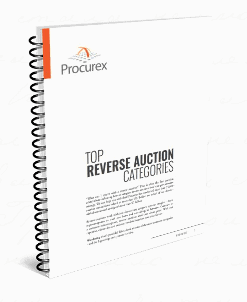

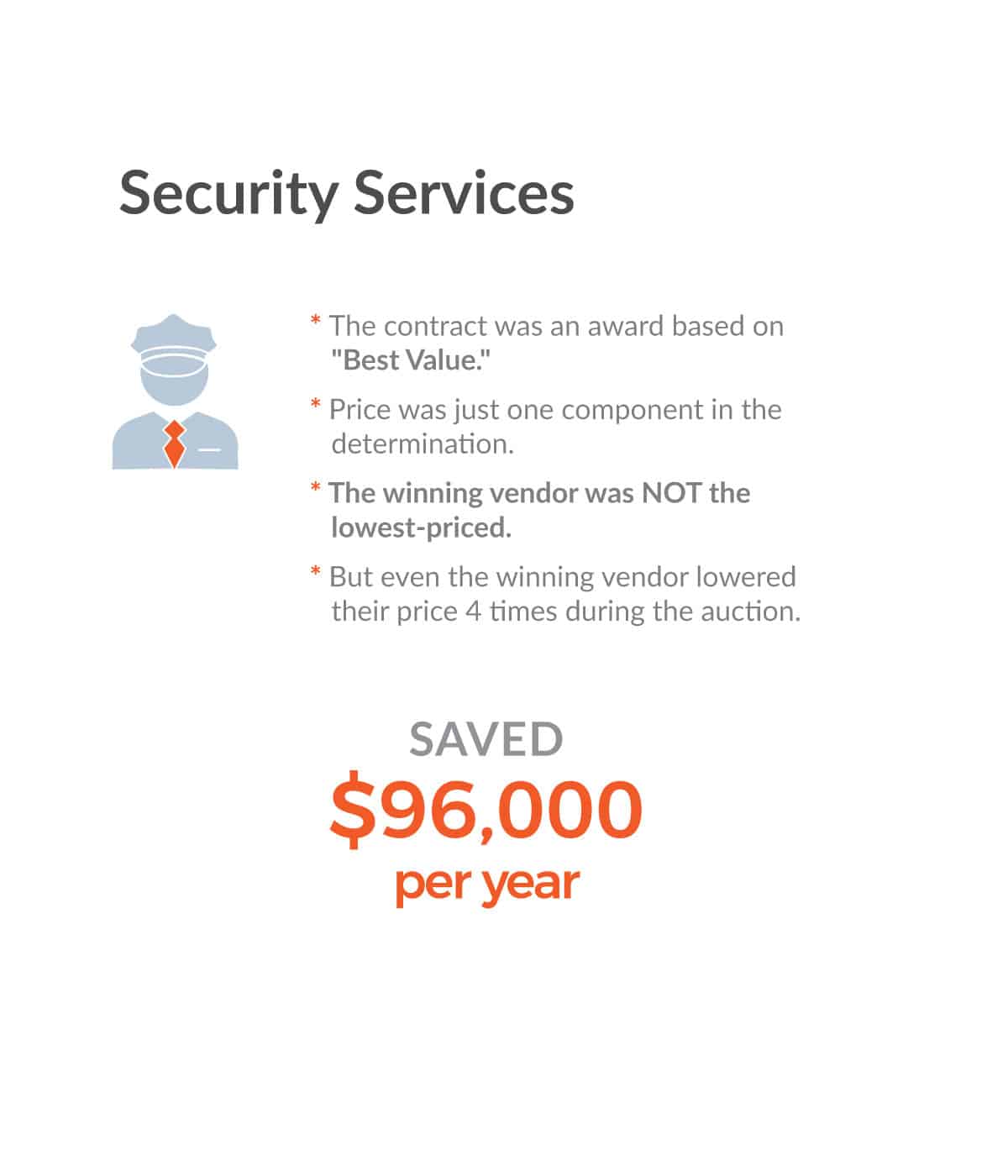

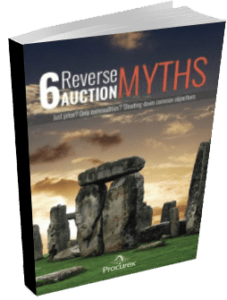
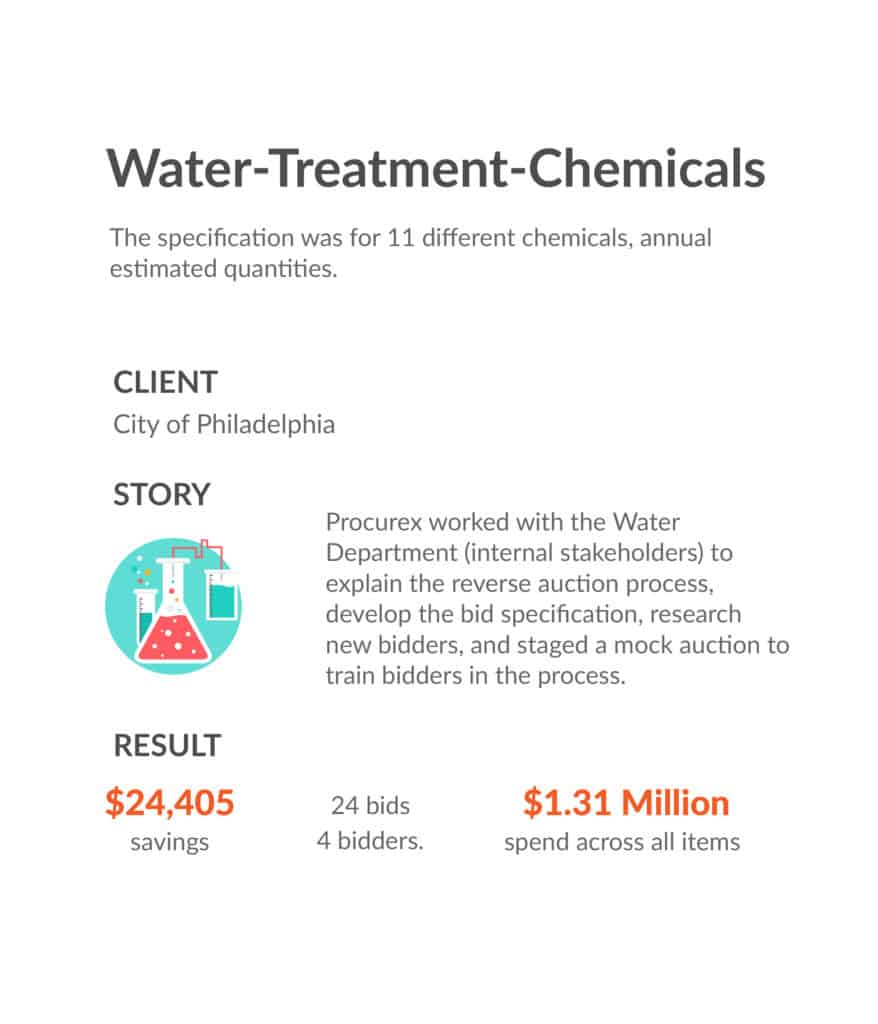
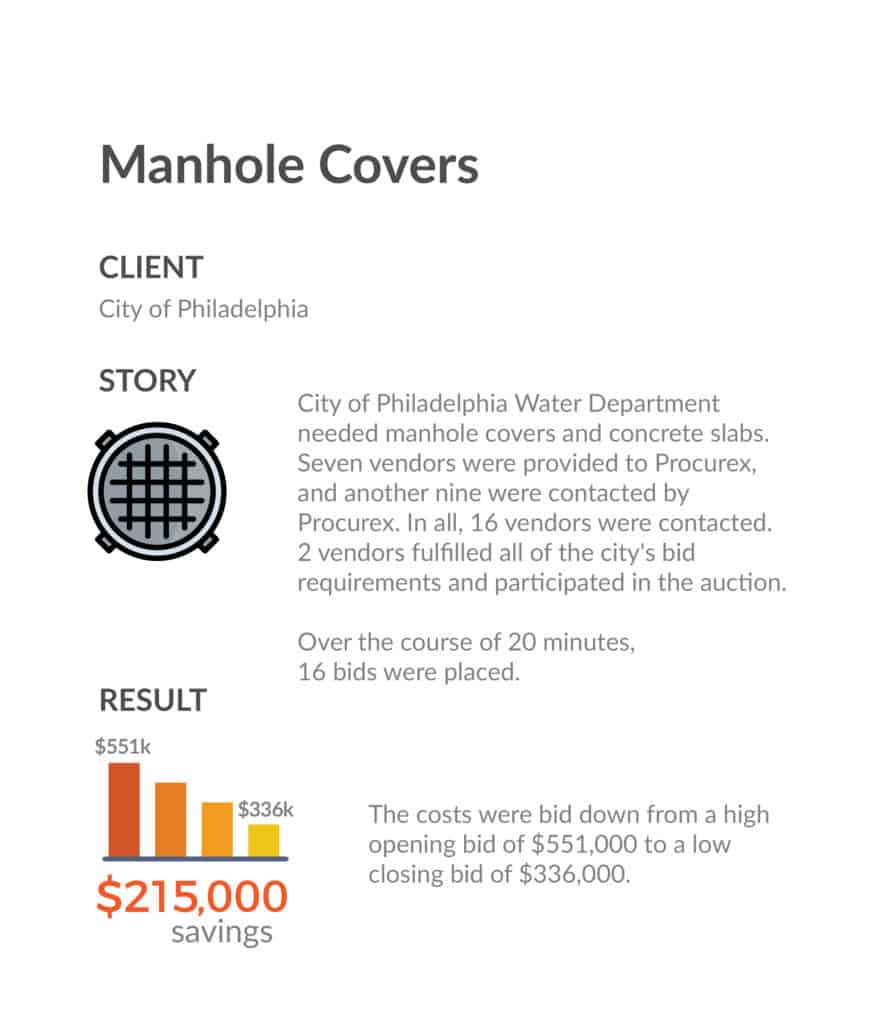
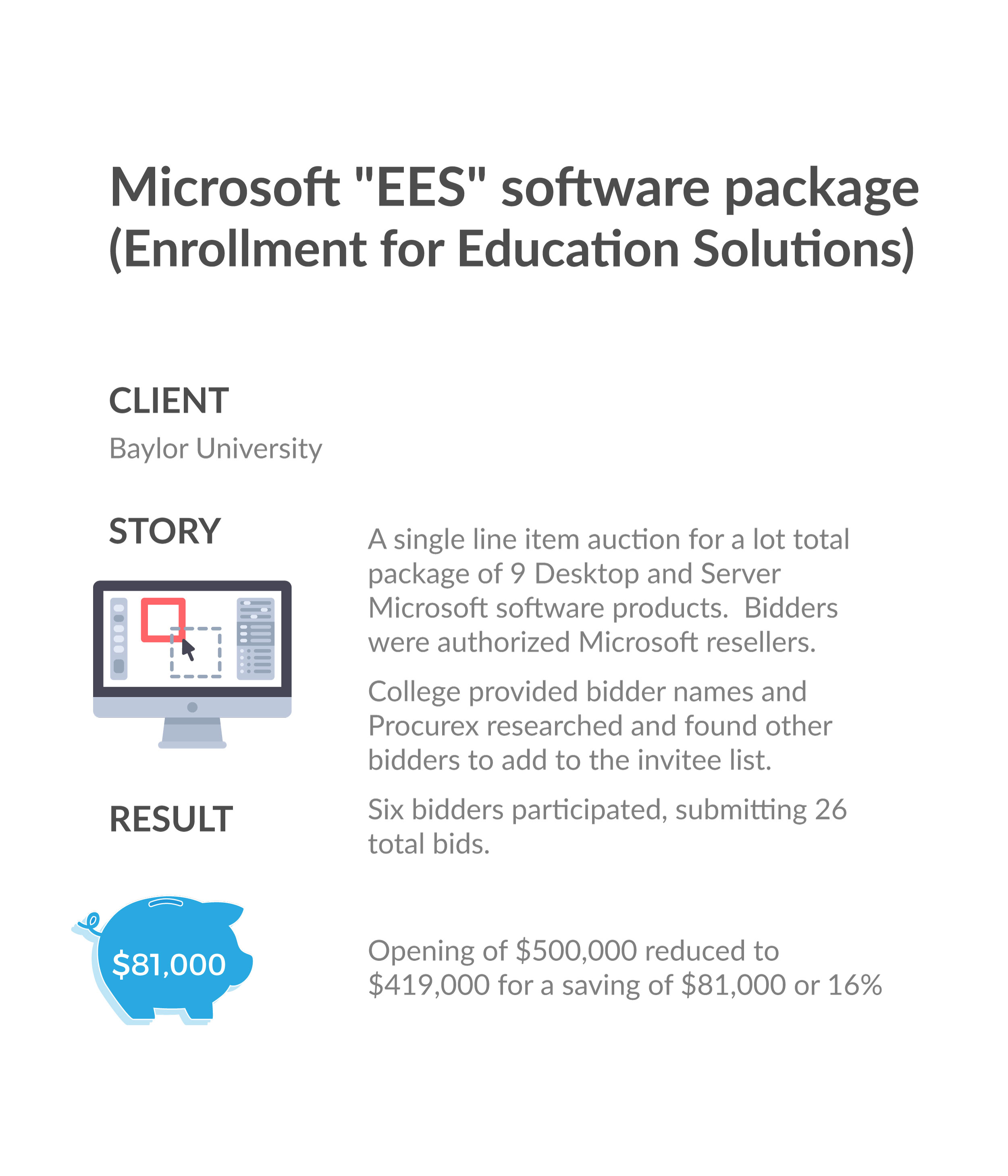






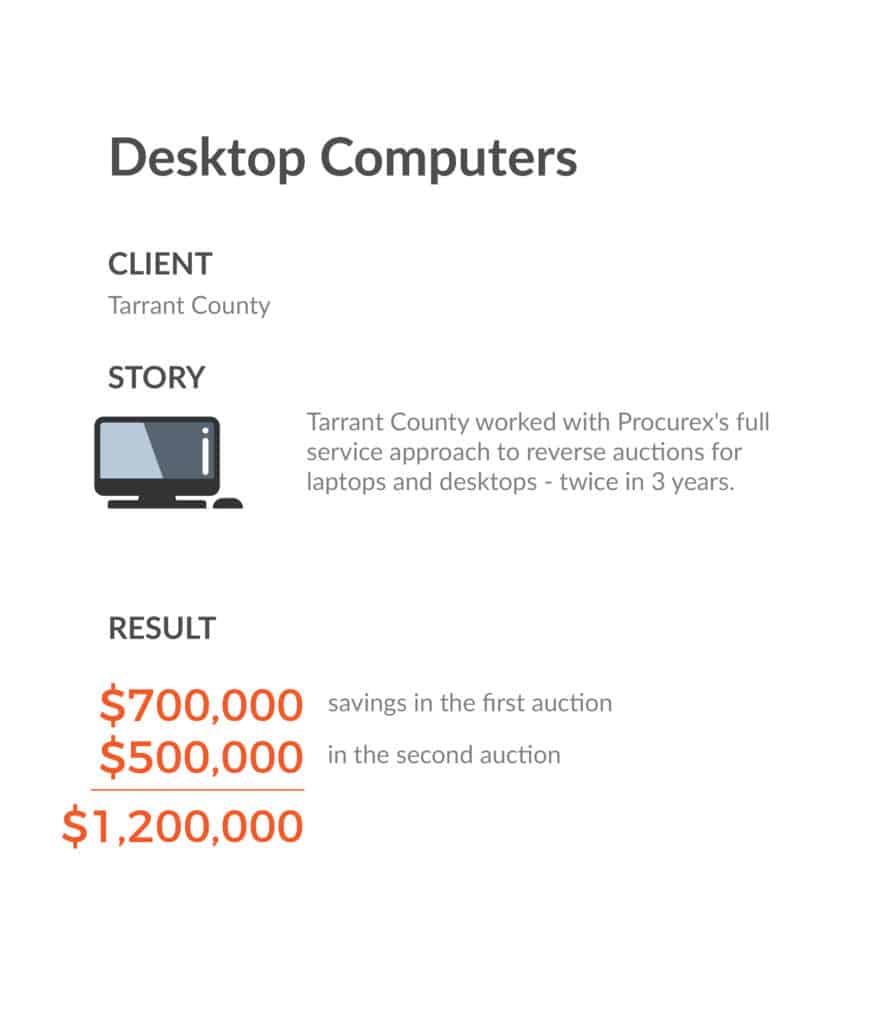





 Procurex interviewed IT and research stakeholders to help define a set of minimum performance requirements for the auction specification.
Procurex interviewed IT and research stakeholders to help define a set of minimum performance requirements for the auction specification.




